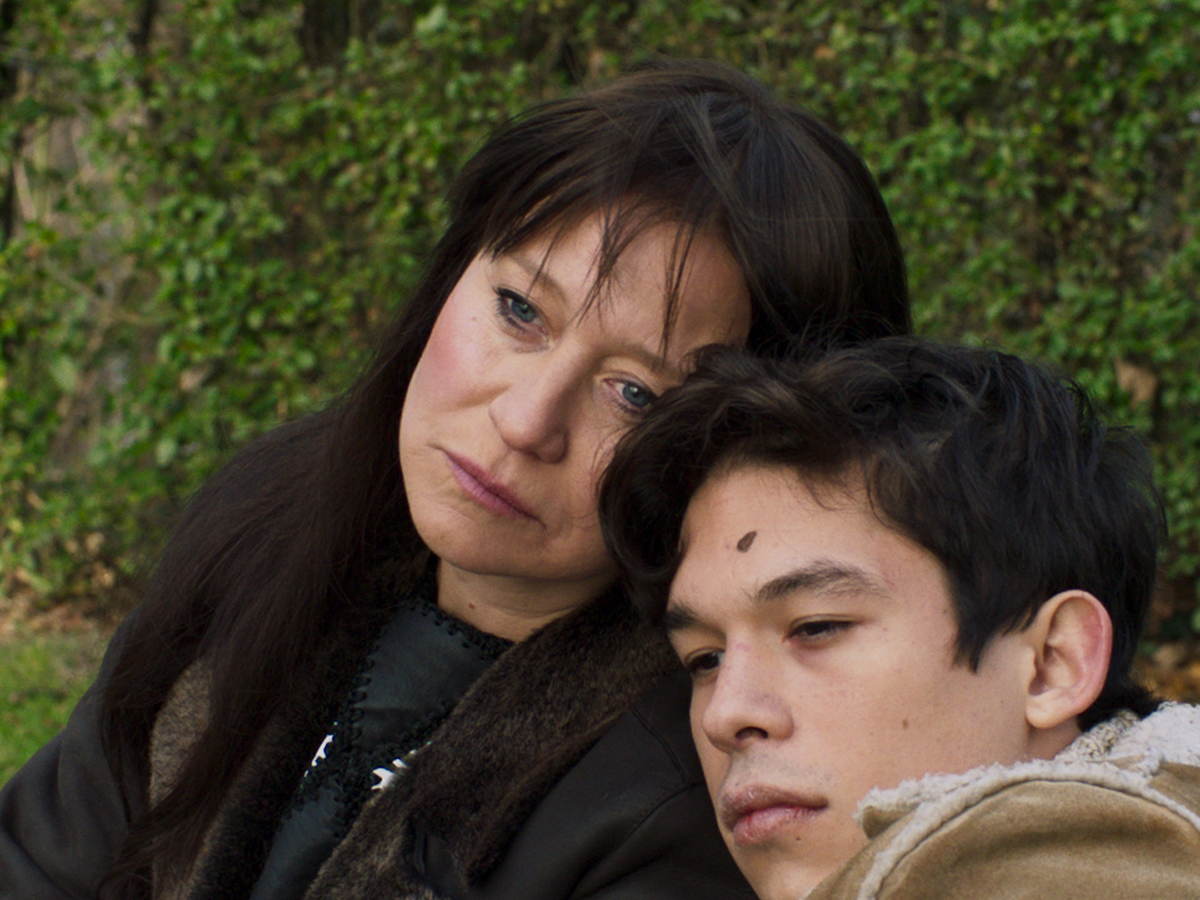
Is it incendiary to say that, when comparing both of their post-Velvet Underground stints, I prefer Nico’s musical output much more than Lou Reed’s? Don’t harass me, music nerds—it’s just my opinion. But when we look at those we venerate in music history, Reed obviously got wider acclaim than his on-again, off-again collaborator.
Nico—who started her career as a model before gallivanting with Andy Warhol’s Factory superstars, which led her to a feature role in the Velvet Underground’s debut album—hasn’t enjoyed the same level of veneration, or even interest. Instead, the icy German blonde has long been relegated to the margins of rock history for being tangentially associated as either someone’s muse or girlfriend during the late ’60s, before she traveled back to Europe to craft her own career. Asked if he knew of her post-’60s whereabouts, Warhol said, “[Nico] became a fat junkie and disappeared.”
Because of Nico’s noncommercial appeal and rampant drug use, that flippant statement was only half true. In Susanna Nicchiarelli’s film, Nico, 1988, the post-Velvet Underground life and career of the singer born Christa Päffgen is retold, with magnificent raw power by its star, Dutch actress Trine Dyrholm.
The film is part road movie, part biopic, and according to the director’s statement, Dyrholm’s approach to playing Nico was to perform an interpretation, not an imitation, which many actors in the theater world would do to portray lost icons. Janis Joplin, Lester Bangs, Judy Garland, Miles Davis, Bob Dylan, et al. have received such a treatment, but Dyrholm presents a mesmerizing Nico that, with her incredible vocal skills (she performed covers of Nico’s songs for the film), embodies the spirit of the late singer.
Nico, 1988 depicts the last two years of Nico’s life, including the European tour during which she is understandably trying to shed the skin of her ’60s life. Nico—now a dark brunette who prefers to be addressed by her given name in person—suffers through interview after interview, with invasive questions about her drug use, her memories of her days recording with Velvet Underground, and her son Ari’s (Sandor Funtek) habitual drug use and suicide attempts.
“I’m here with Lou Reed’s femme fatale!” one radio DJ exclaims over the airwaves.
“Don’t call me that. I don’t like it,” Nico darkly replies.
“My real career actually started after I left the Velvet Underground,” she asserts during another radio interview.

As she and her band mates drive through Europe in an unglamorous tour van together, Nico grapples with her heroin addiction, which often leads to bouts of anger and tempestuousness. It also heavily contributed to changes in her physical appearance, although the singer intimates a sense of liberation in ugliness.
In a scene in which she’s preparing to go onstage, she looks in the mirror and asks her manager, Richard (John Gordon Sinclair), “Am I ugly?”
“Yes,” Richard replies.
“Good—I wasn’t happy when I was beautiful,” Nico dryly states.
We also play witness to strong musical performances, whether they’re in bars, outdoor stages, fancy hotels or at a Prague university, where rock concerts were forbidden at the time. The latter concert is where Dyrholm seriously shines: Singing “My Heart is Empty” with such fierce, feral abandon, the actress relinquishes all vanity as she thrusts the audience into a dance frenzy, even as the concert is raided by police.
Where the movie feels lacking are in the minor subplots of the musicians in Nico’s band and their revolving romances.
Nico’s relationship with Ari is portrayed with warmth and honesty, as is the prison house of addiction, extracting poetry from pain and the tragedy of her talent being unappreciated, either by the Warhols of the world, humorless interviewers or whoever.
It’s not your typical story of rock & roll excess and self-destruction, but just the same, its subject matter is granted a cinematic redemption. It’s the type of tribute the late singer truly deserved.
Nico, 1988 was written and directed by Susanna Nicchiarelli; and stars Trine Dyrholm, John Gordon Sinclair, Sandor Funtek and Anamaria Marinca.
Aimee Murillo is calendar editor and frequently covers film and previously contributed to the OCW’s long-running fashion column, Trendzilla. Don’t ask her what her favorite movie is unless you want to hear her lengthy defense of Showgirls.

